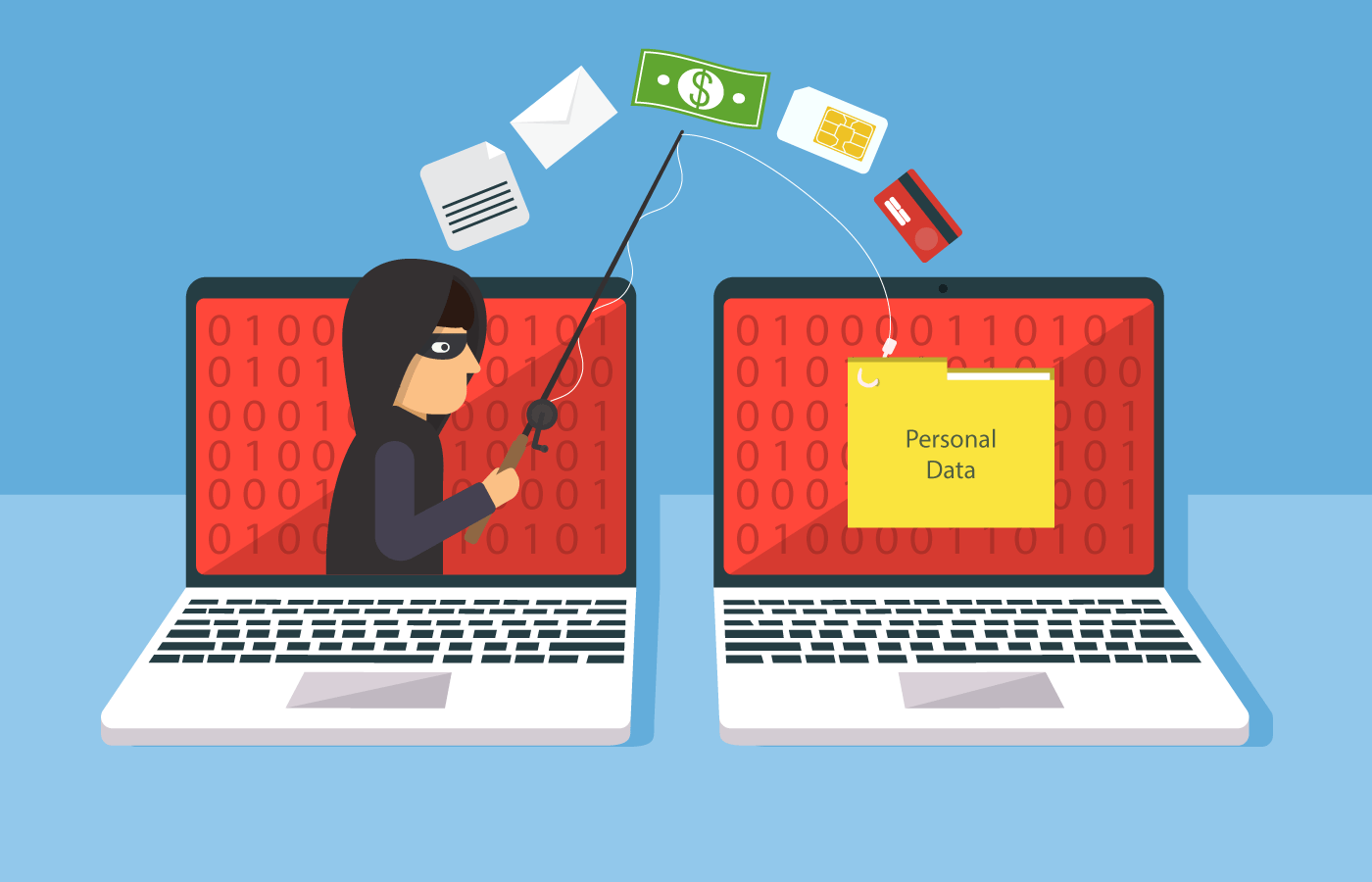Should Organizations Outsource IT Security?
A company may hire a third party to
carry out duties, manage operations, or offer services on its behalf. This is
what outsourcing is all about. As said by Peter Drucker, "Do
what you do best; outsource the rest." Both large and small businesses
will go to any lengths to stay one step ahead of their rivals, and most have
started to outsource some of their operations to be competitive.
Businesses find it convenient to delegate tasks like bookkeeping, marketing, and customer service to someone who is not physically present in the office. The salary of the service provider hired by the business would be less than if tasks were handled by in-house personnel. By outsourcing business operations, a company has the comfort of knowing that tasks will be handled by a professional who is specialized and dedicated. However, outsourcing is like a double-edged sword.
Cybercriminals today are proactively attacking, stealing customer data, and hacking into bank accounts. It can cause financial loss, bankruptcy and loss of sensitive information. IT security is crucial, and by outsourcing it, businesses can focus on their core business functions with assurance that the task will be handled by specialized professionals.
Should an organization outsource its IT security?
With presence of information technology in every industry, IT security must be taken into account. Cybercriminals could gain access to confidential client information and company data, which would be harmful for the business's finances and reputation. The more digitized a business is, the more it depends on security measures to keep confidential data hidden from those looking for it.
Outsourcing IT security have its drawbacks. Sharing information about a business is risky. To ensure that the company's information is protected, there must be a Service Level Agreement and Non-Disclosure Agreement between the company and the service provider. The restrictions imposed by the provider must be understood and followed by those who have access to the information. This can aid in preventing the information from being used or disclosed without authorization. It is also given that the company is subject to control and audit in order to monitor and ensure that the agreement between the company and service provider is practiced in accordance to the terms and conditions.
Businesses with digitized operations should put IT security in their priority list. Although there may be significant costs and risks associated with outsourcing IT security, businesses should see it as an investment that will protect the company and its assets.


Comments
Post a Comment